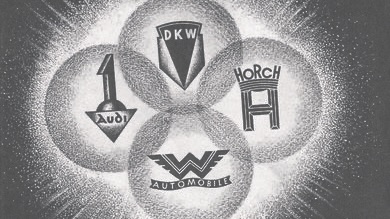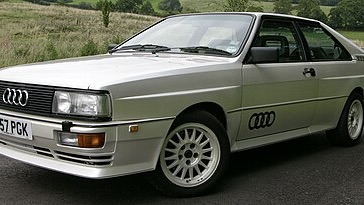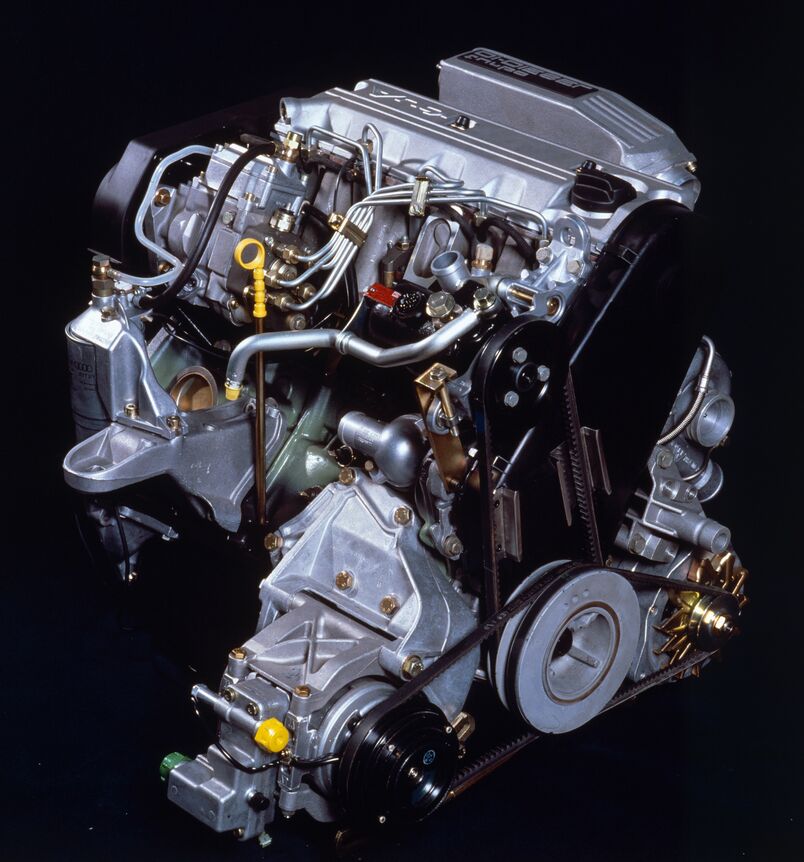100 Years of Audi History: A Legacy of Innovation

Historical Overview
Audi, a name synonymous with luxury and performance, traces its origins back to 1909 when August Horch founded the company in Zwickau, Germany. The name “Audi” is derived from the Latin translation of Horch, meaning “listen.” Over the past century, Audi has evolved from a small automobile manufacturer into a global powerhouse known for its cutting-edge technology and innovative design.

Evolution and Milestones

Audi’s journey is marked by several pivotal milestones. In 1932, Audi merged with DKW and Wanderer, forming Auto Union, which adopted the four-ring logo we recognize today. This merger was crucial in establishing Audi’s presence in the automotive market. The post-war period saw a revival, leading to the introduction of models like the Audi 100 in 1968, which helped position Audi as a leader in the luxury sedan segment.

Brand Legacy
Audi’s brand legacy is characterized by a commitment to quality, performance, and innovation. The brand has built a reputation for its Quattro all-wheel-drive system, which debuted in 1980. This technology not only revolutionized driving dynamics but also established Audi as a formidable contender in motorsports, particularly in rally racing.


Iconic Models
Throughout its history, Audi has produced numerous iconic models. The Audi 200 and Audi A8 set benchmarks for luxury and performance in the 1980s and 1990s, while the Audi R8, launched in 2006, solidified Audi’s status in the supercar market. Each model showcases Audi’s dedication to blending performance with sophisticated engineering.
Technological Advancements
Audi has continually pushed the limits of automotive technology.. The introduction of the TFSI engine, which combines turbocharging with fuel injection, marked a significant leap in performance and efficiency. Moreover, Audi’s commitment to electrification is evident in its lineup of hybrid and electric vehicles, such as the Audi e-tron, representing a bold step toward a sustainable future.

Design Changes
Design has always played a crucial role in Audi’s identity. The transition from the classic, boxy designs of the early models to the sleek, modern aesthetics seen in today’s Audi vehicles reflects the brand’s ability to adapt to changing consumer preferences. Signature design elements, like the Single frame grille and LED lighting, have become hallmarks of Audi’s contemporary models.
Market Impact
Audi’s impact on the automotive market is profound. The brand’s combination of luxury and performance has attracted a dedicated customer base. Audi’s success in various global markets, particularly in Europe, North America, and Asia, underscores its ability to resonate with diverse audiences. The brand has become a leader in the luxury segment, competing closely with rivals such as BMW and Mercedes-Benz.


Cultural Significance
Audi has also made a significant cultural impact, featuring prominently in film and media. The brand’s vehicles are often associated with sophistication and success, appearing in numerous blockbuster films and television shows. This visibility has helped cement Audi’s status as a symbol of luxury and aspiration.
Notable Achievements
Audi’s journey is marked by notable achievements, including multiple victories in the 24 Hours of Le Mans, showcasing the brand’s engineering prowess. The introduction of the Audi A4 and A6 as best-selling models in their segments further highlights Audi’s commercial success. Additionally, the brand’s commitment to sustainability has led to the development of ambitious goals for reducing carbon emissions in its production processes.
Challenges and Triumphs
Like any major automaker, Audi has faced challenges. The 2015 emissions scandal posed significant reputational risks, leading to a reevaluation of practices and an increased focus on transparency and sustainability. However, Audi has turned this challenge into an opportunity for growth, investing heavily in electric vehicle technology and sustainable practices to regain consumer trust.

Key Figures
Several key figures have shaped Audi’s history. August Horch, the founder, laid the foundation for the brand’s principles of quality and innovation. His vision was carried forward by engineers like Ferdinand Piech, who played a crucial role in developing Audi’s Quattro technology and expanding the brand’s portfolio. Today, leaders like Markus Duesmann continue to steer Audi toward a future focused on electric mobility and sustainable practices.

Future Outlook
As Audi celebrates its 100-year anniversary, the future looks promising. The brand is committed to becoming a leader in electric vehicles, with ambitious plans to launch several fully electric models by 2025. Audi aims to achieve carbon neutrality across its production processes by 2025 and is investing heavily in research and development for sustainable technologies. With a rich legacy and a forward-thinking approach, Audi is poised to continue its legacy of innovation for the next century.


